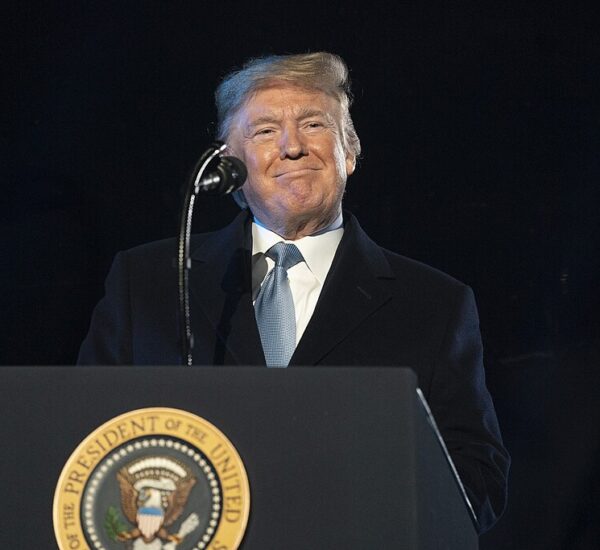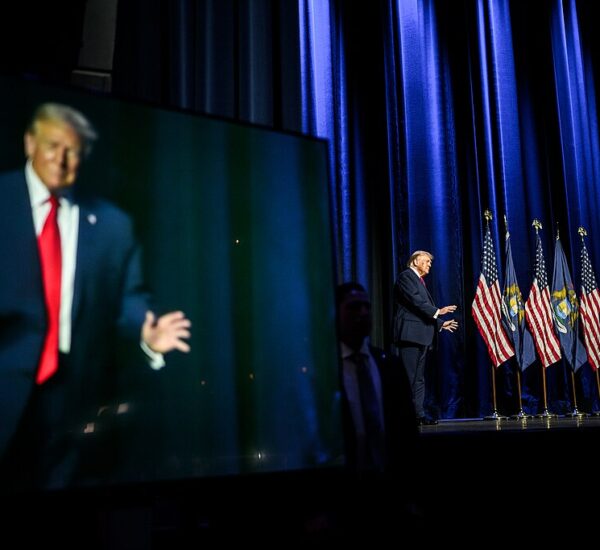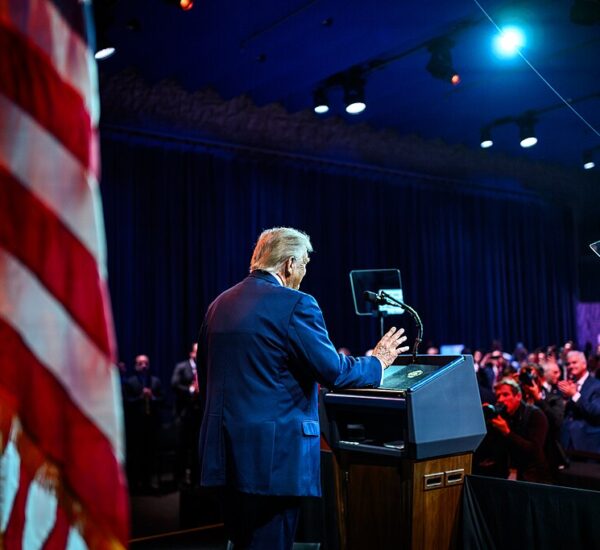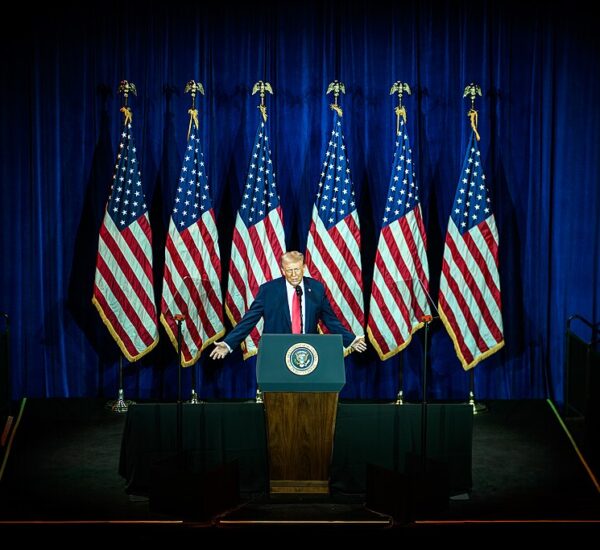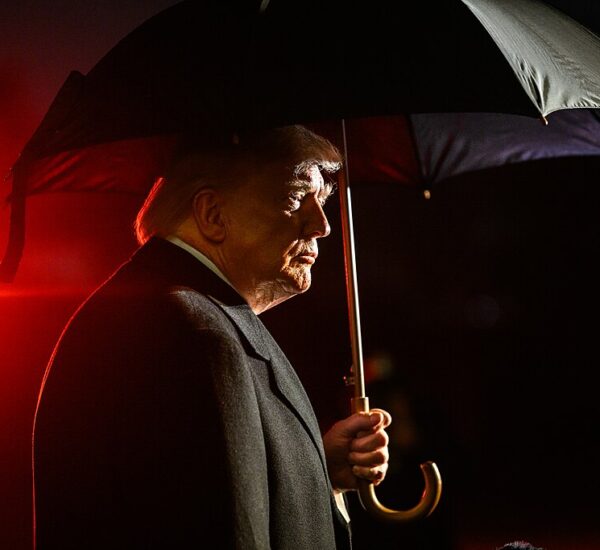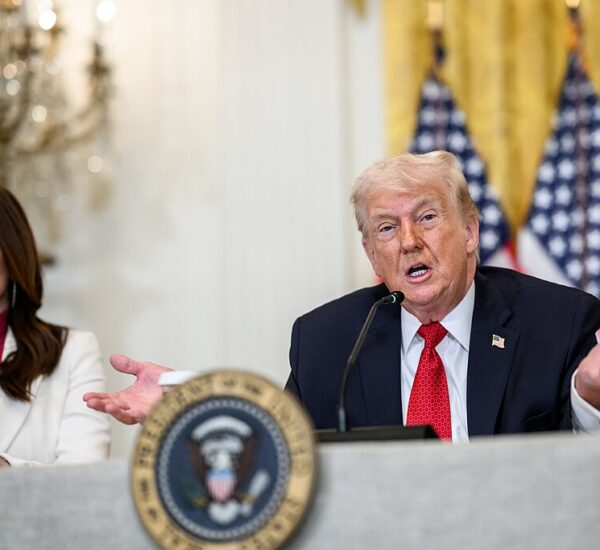Schiff Refuses A Pardon?
Rep. Adam Schiff (D-Calif.) made it clear that he does not seek a preemptive pardon from President Joe Biden for his role on the January 6th Select Committee. During a recent interview, Schiff addressed questions about the possibility of future prosecutions from a potential Trump administration, which has indicated the desire to hold committee members accountable for their actions related to the investigation.
Schiff explained his decision by stating two key reasons for rejecting a pardon. First, he expressed pride in the work the committee had done, emphasizing that its purpose was to conduct essential oversight after the violent attack on the U.S. Capitol. According to Schiff, their investigation was critical in understanding the events of that day, and he firmly believes that the committee’s work was both necessary and done in good faith. He argued that no pardon is needed because the committee members were simply carrying out their responsibilities to ensure accountability for the attack.
Secondly, Schiff expressed concern about the precedent that a preemptive pardon could set. He warned against establishing a practice of issuing blanket pardons at the end of an administration, especially for individuals involved in politically sensitive matters. He argued that such a precedent could undermine public trust in the justice system and weaken accountability in the future.
While Schiff remains opposed to the idea of a preemptive pardon, other members of the January 6th Committee, such as Rep. Bennie Thompson (D-Miss.), have said they would be willing to accept one if offered. Thompson, who chaired the committee, stated that he would defer to President Biden’s decision and accept a pardon if it were extended to him.
Ultimately, Schiff’s stance reflects his belief that the committee’s work was both justified and necessary, and that accountability should be prioritized over political expediency. He continues to reject the notion that any member of the committee should be shielded from legal consequences for their actions.

